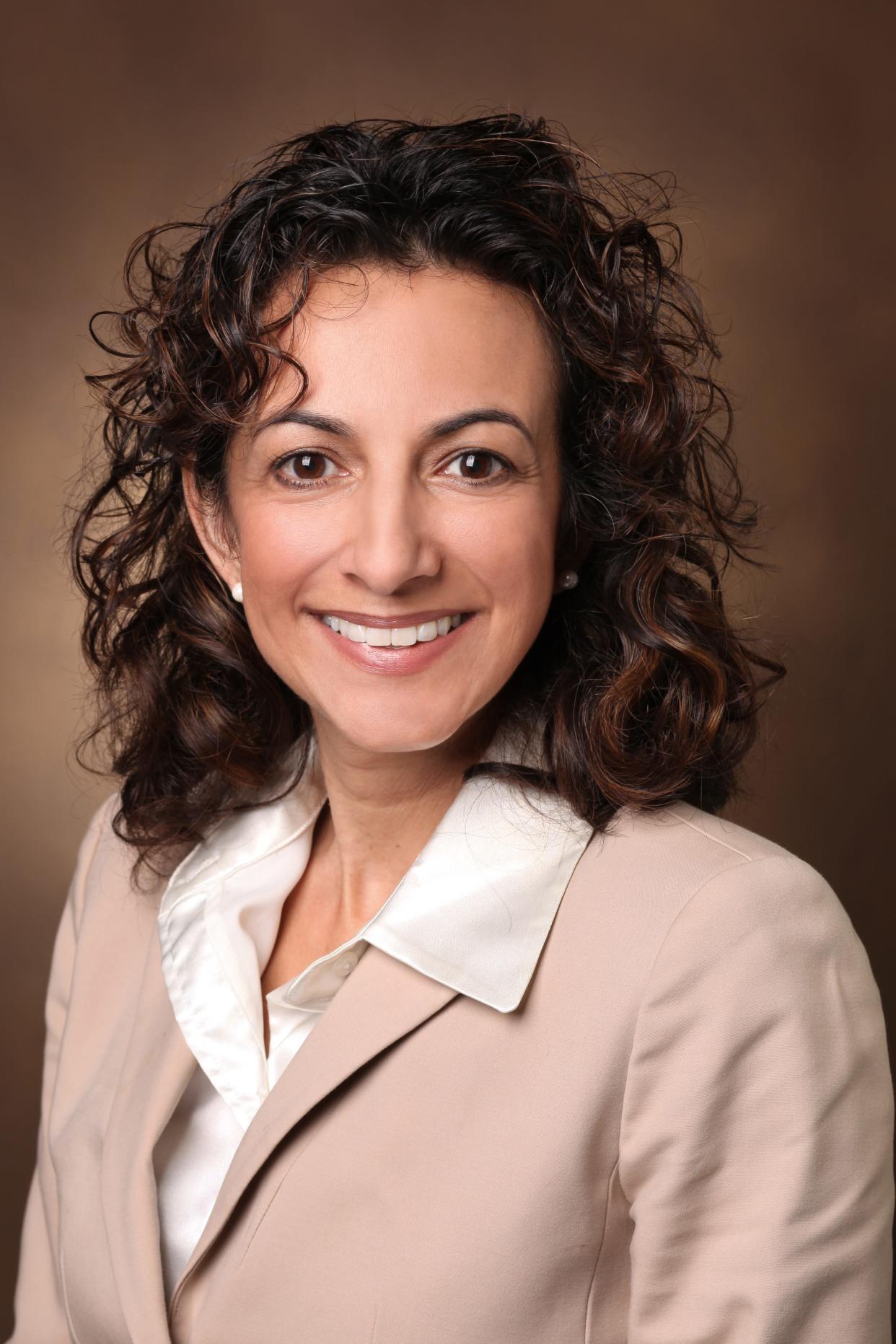As a first generation Indian in America, my upbringing shaped my view of diversity
As we commemorate another heritage month, Women’s History Month, let’s remember why it was established. It is to honor the achievements of women, ensure gender parity and address biases in the community and in the workplace.
Among the greatest ways to stretch personal growth is putting ourselves in situations out of our comfort zone and embracing vulnerability.
As Brené Brown states, vulnerability is the birthplace of innovation, creativity and change.
I was fortunate to have an upbringing where I was exposed to many diverse cultures through my father’s position at the University of Wisconsin-Whitewater, which included academic advising to international students.
I am first generation Indian and watched my empathetic parents nurture homesick students with my mom’s authentic Indian homecooked meals. I was unknowingly taught empathy and accept those who were very different from me as we broke bread together.
Let’s invite our neighbors into spaces outside their comfort zones
My upbringing played a key role in the launch of Nations in Our Neighborhood, an initiative that was designed to connect our diverse communities through cuisine.
The deeper goal of the program was to defy prejudice, racism, and bigotry. I partnered with dedicated students from Vanderbilt’s Owen Graduate School to help launch the program.
The self-guided tours consisted of a kickoff party, where attendees picked up their “passport,” which listed all the participating restaurants. I would hear of new friendships formed as groups trekked through Music City together, discovering the ethnic cuisine in our own backyard.
Huseyin Ustunkaya, owner of Anatolia and Chateau West, shared how it is good for Nashville to invite neighbors into places they may not have otherwise heard of. Through the tour, guests were taken to places other than Nashville’s globally renowned hot chicken and BBQ joints and marginalized groups felt the warmth and acceptance of engaging “passport” holders.
How we can help bridge diverse groups through better approaches
The entire program was a remarkable demonstration of communities embracing different cultures. While this can be a bit more challenging in the workplace, it can be done.
Common tools include the traditional unconscious bias workshops, which have been proven to not be as effective. However, companies as Microsoft and Starbucks are leading the way with innovative techniques that are working.
Within Harvard Business Review’s “Unconscious Bias Training That Works,”these companies guide employees toovercome denial; increase awareness; develop the empathy that combats bias; and diversify their networks in order to help team members overcome biases.

Through ongoing outreach and engagement strategies in the community and in the workplace, we can bridge diverse groups. By learning to recognize our biases through a spirit of vulnerability, we can cultivate a healthy environment and celebrate our differences.
Renuka Christoph is founder of Nations in Our Neighborhood and chief marketing and communications officer for WeGo.
This article originally appeared on Nashville Tennessean: Women's History Month: How my upbringing shaped my view of diversity
